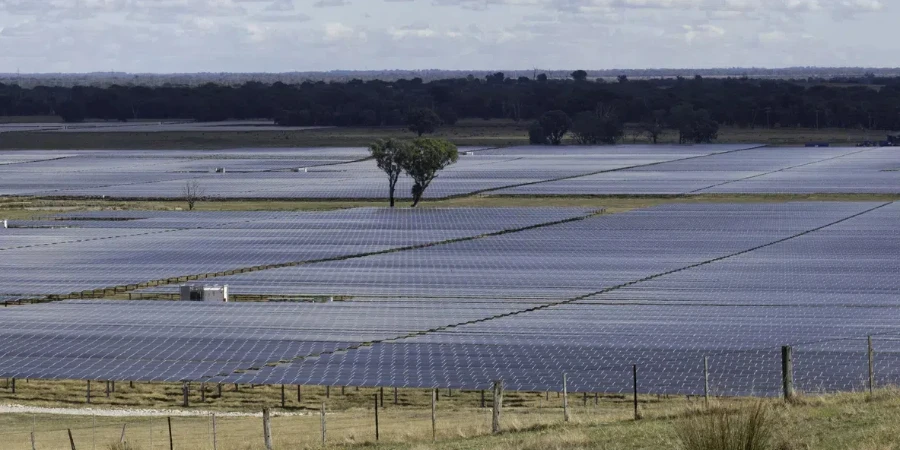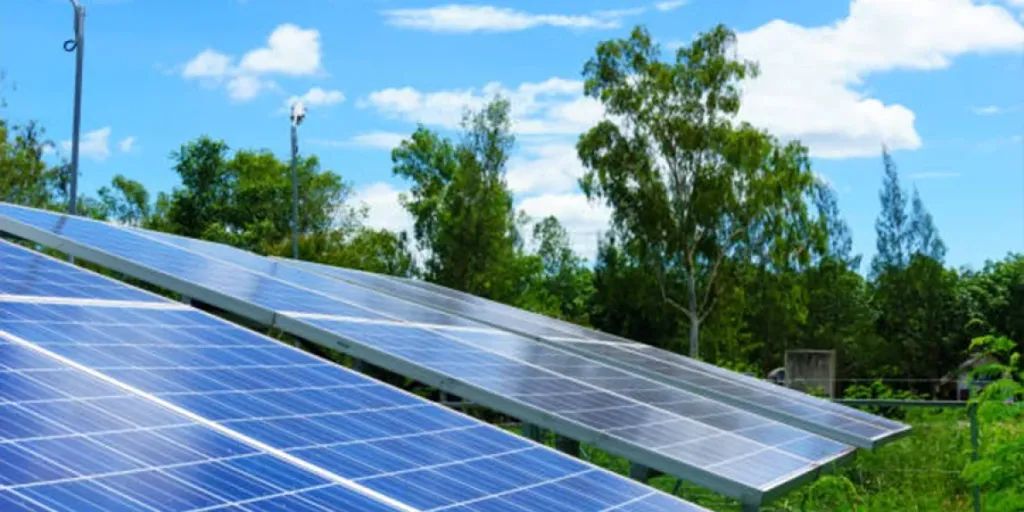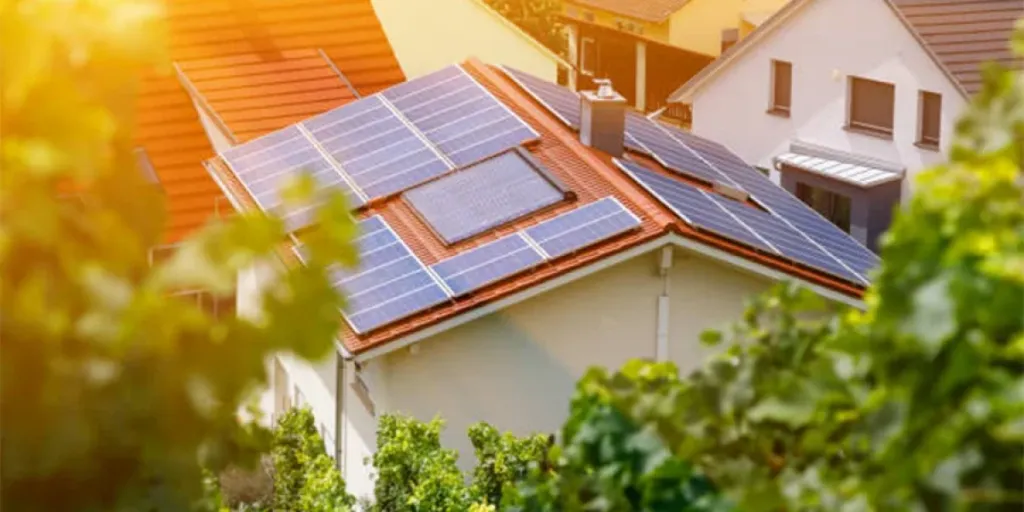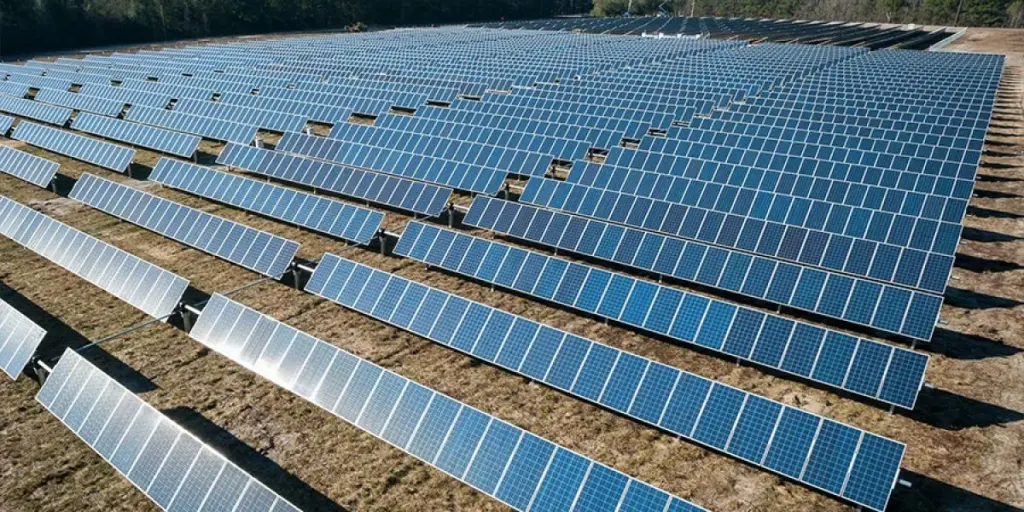A research team from Poznań’s University of Economics & Business and SMA Solar Technology AG spoke to installers, designers, distributors and manufacturers in Poland’s solar industry to identify key barriers to PV development. They highlighted a lack of connection capacity and prices of non-renewable energy sources as the main issues.
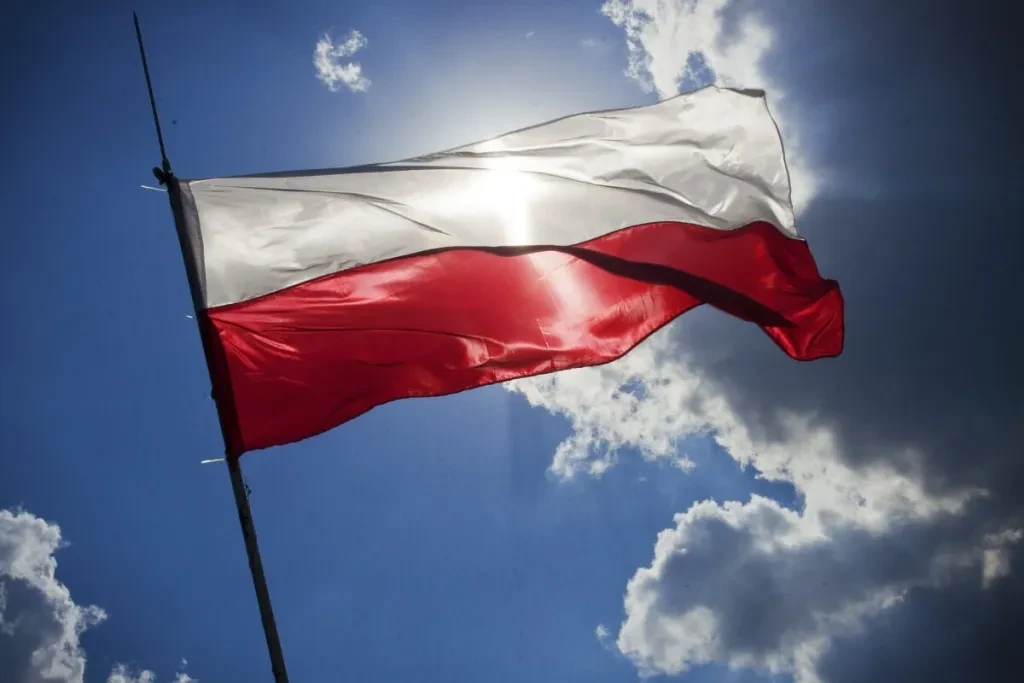
Image: Karolina Grabowska/Pixabay
A team of researchers have analyzed the legal, economic, environmental, technical and social factors affecting the development of solar in Poland.
Their research paper, “Determinants of the development of photovoltaics in Poland,” available in the October edition of Renewable Energy, identifies the key barriers from the perspectives of installers, designers, distributors and manufacturers working in the industry.
The key determinants were identified through a literature review from 2019 to 2023 and a survey of key players in the industry. According to the respondents, a lack of connection capacity, prices of non-renewable energy sources, and a change in billing methods from net-metering to net-billing are the key factors affecting the development of solar in Poland.
Designers and installers were most likely to cite grid connection as a key challenge. In response, the research paper says adequate investment in transmission network development, grid stabilization and grid forming, and definitive separation between trading and distribution companies are key to future development.
About 55% of designers and installers also cited the introduction of a net-billing, implemented in 2022, as an important factor.
Distributors said the price of non-renewables are the most significant problem. Distributors generated the highest profits during the period of the highest price levels for non-renewables, while the industry’s problems and the market’s collapse coincided with the fall in the price of fossil fuels.
Only 20% of respondents said political changes affect the industry’s development, and even fewer agreed that the situation in Ukraine shapes purchasing decisions. Social factors had the lowest impact, with just 10% citing them as important.
The research team used Bartlett’s test of sphericity to isolate these factors, revealing that sustainable development, business, and investment are the three main components influencing solar development in Poland.
“The findings demonstrate that sustainable development factors, including Corporate Sustainability Reporting Directive (CSRD) reporting and direct lines, will have the greatest impact on PV development,” said the researchers, adding that the identified barriers must be addressed and removed to ensure the stable development of solar in Poland.
Looking ahead, the authors predict that Poland’s solar industry will continue to develop, in line with the European Union’s climate policy. he research team consisted of academics from Poznań’s University of Economics and Business and SMA Solar Technology AG.
Poland added around 4.6 GW of solar in 2023, taking its cumulative capacity beyond 17 GW.
This content is protected by copyright and may not be reused. If you want to cooperate with us and would like to reuse some of our content, please contact: editors@pv-magazine.com.
Source from pv magazine
Disclaimer: The information set forth above is provided by pv-magazine.com independently of Alibaba.com. Alibaba.com makes no representation and warranties as to the quality and reliability of the seller and products. Alibaba.com expressly disclaims any liability for breaches pertaining to the copyright of content.
